SUMMARY
This is AI generated summarization, which may have errors. For context, always refer to the full article.
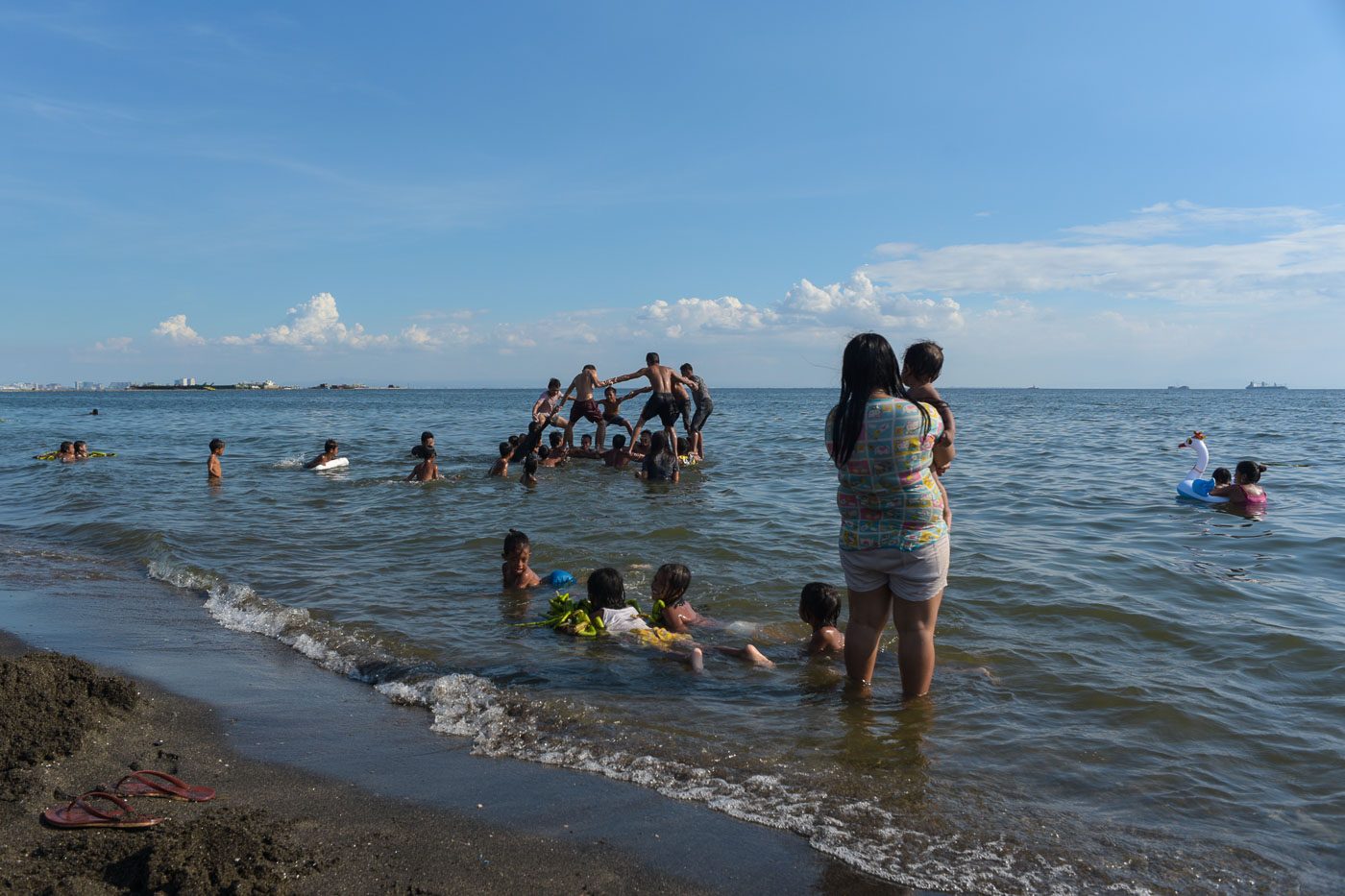
MANILA, Philippines – “Parehas lang naman ang dagat dito sa Baseco saka sa Boracay. Maalat din. Mas lamang pa nga dito dahil may ekstrang asim,” jokes Emman Castillo, a tricycle driver who used to be a utility worker at a posh hotel in Boracay.
(The sea in Baseco is the same as in Boracay. Both are salty. But the sea in Baseco is also extra sour.)
Castillo left his hometown Malay, Aklan, 4 years ago to find better opportunities in Manila. He notes that people in the metropolis don’t have to look very far – as far as Boracay – to find a place that needs a massive clean-up.
“Kung marumi ang Boracay, ano pa kaya ang matatawag mo dito (If Boracay is dirty, then what do you call this)?” he says, motioning to the stretch of reclaimed sand where more than a hundred people gather to escape the summer heat.
Environmental lawyer Antonio Oposa echoed the Malay native’s observation during the May 22 Senate inquiry on the rehabilitation of Manila Bay.
“If Boracay is a cesspool, then Manila Bay is a toilet bowl that’s used every day but never gets flushed,” Oposa lamented, referring to the description that President Rodrigo Duterte had given Boracay when he announced he would order the island’s temproary closure.
Oposa told the Senate committee on environment and natural resources that from the time he filed a case before the Supreme Court in 1999, the fecal coliform levels in the bay had increased 5 times. The current level far exceeds the safe level for swimming.
Ruling on Oposa’s petition in 2008, the High Court ordered government agencies to clean up Manila Bay to make it safe for swimming and other recreational activities. Oposa told the Senate panel that a decade ago since the SC ruling, Manila Bay, which has a coastline of almost 200 kilometers, remains filthy.
During weekends or if weather permits, Metro Manila’s urban poor flock to their version of “Boracay” beach – a strip of sand at the stalled Baseco Reclamation Expansion Project. People of all ages, take a dip in the murky waters, unaware of the health risks of swimming in the polluted water.
Today is June 8, World Oceans Day. Since 2009, the world has been observing the day to celebrate our shared oceans and our personal connection to the sea.
Today, this is the state of Manila Bay:


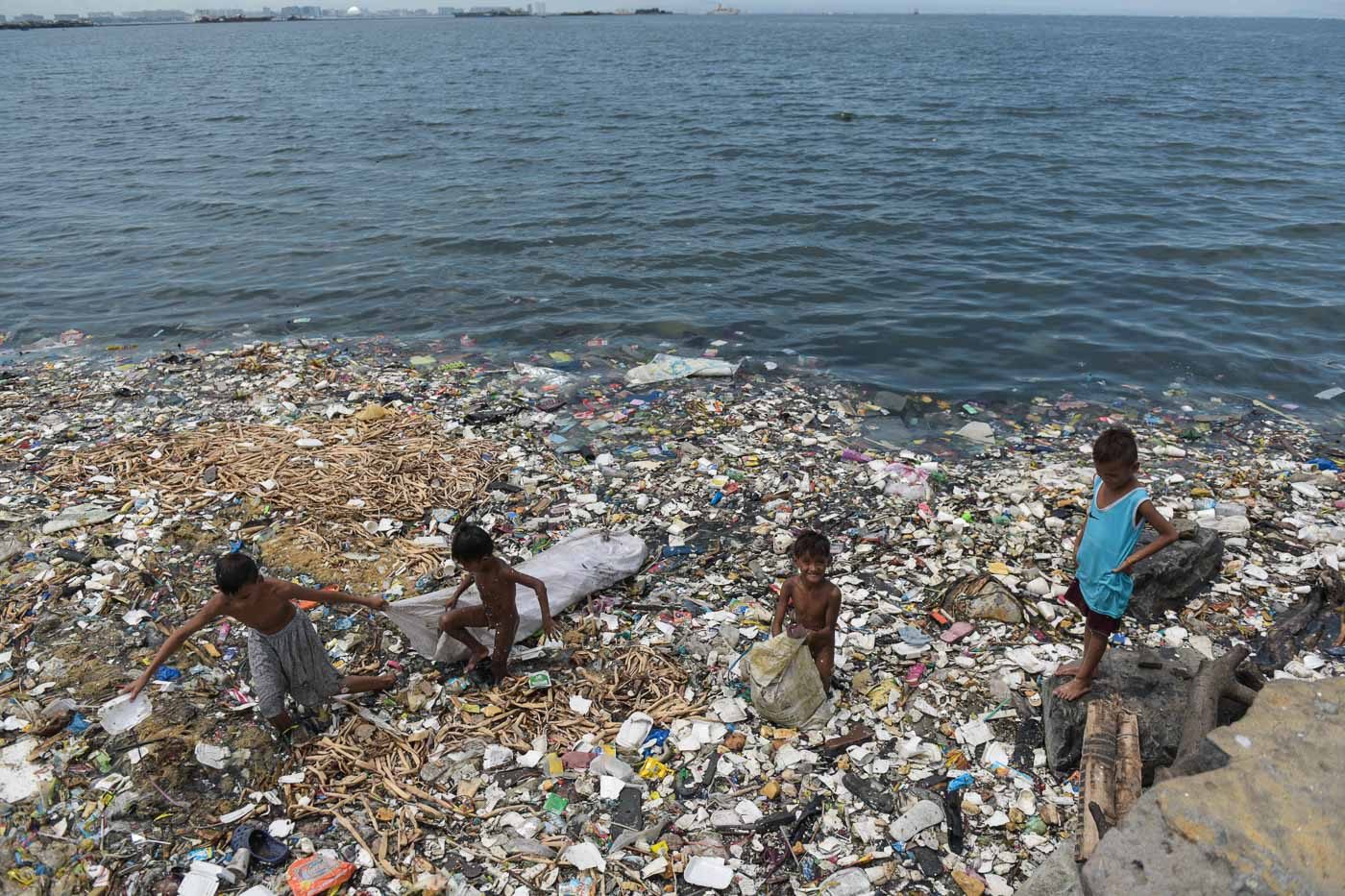

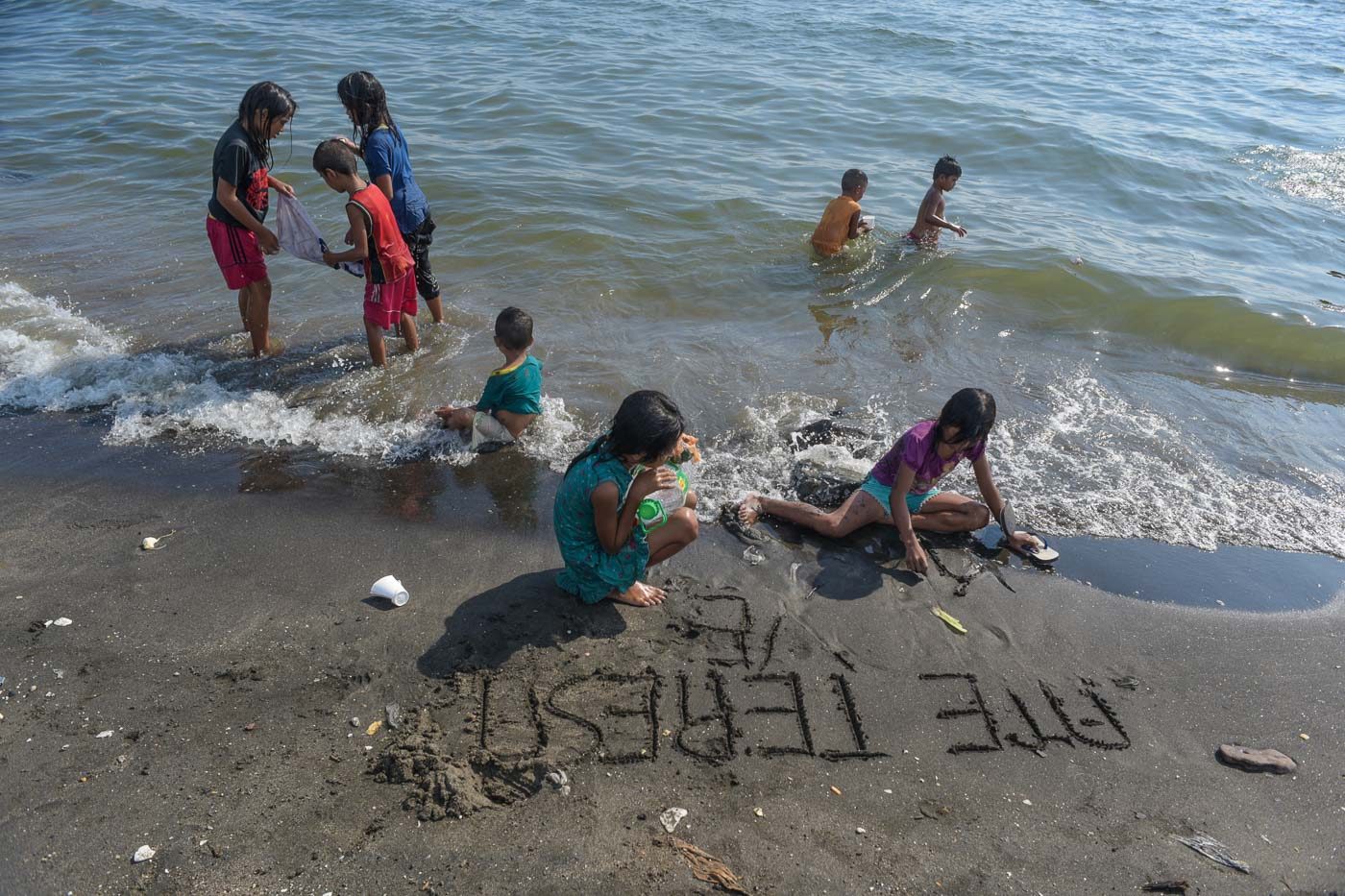
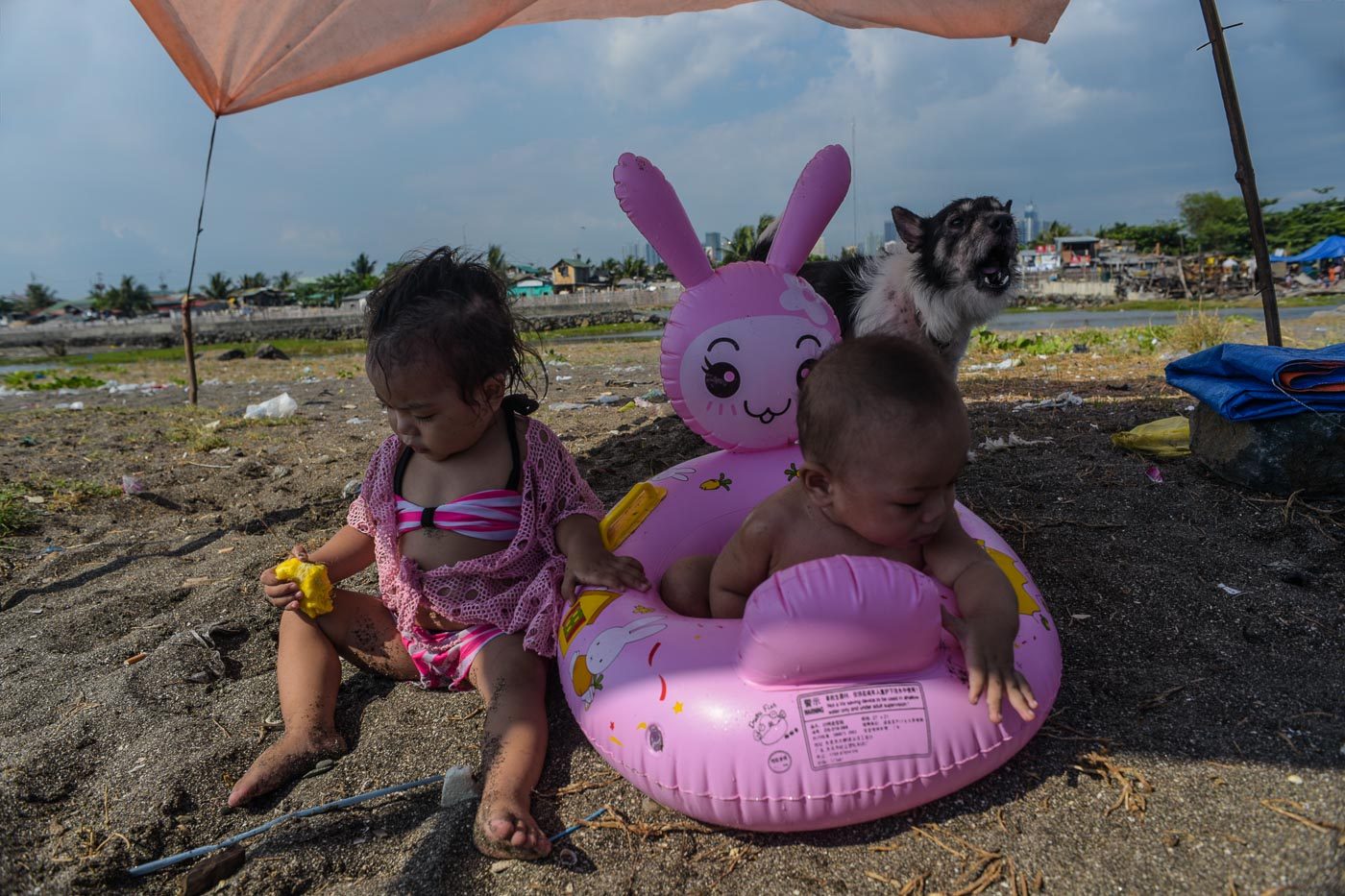
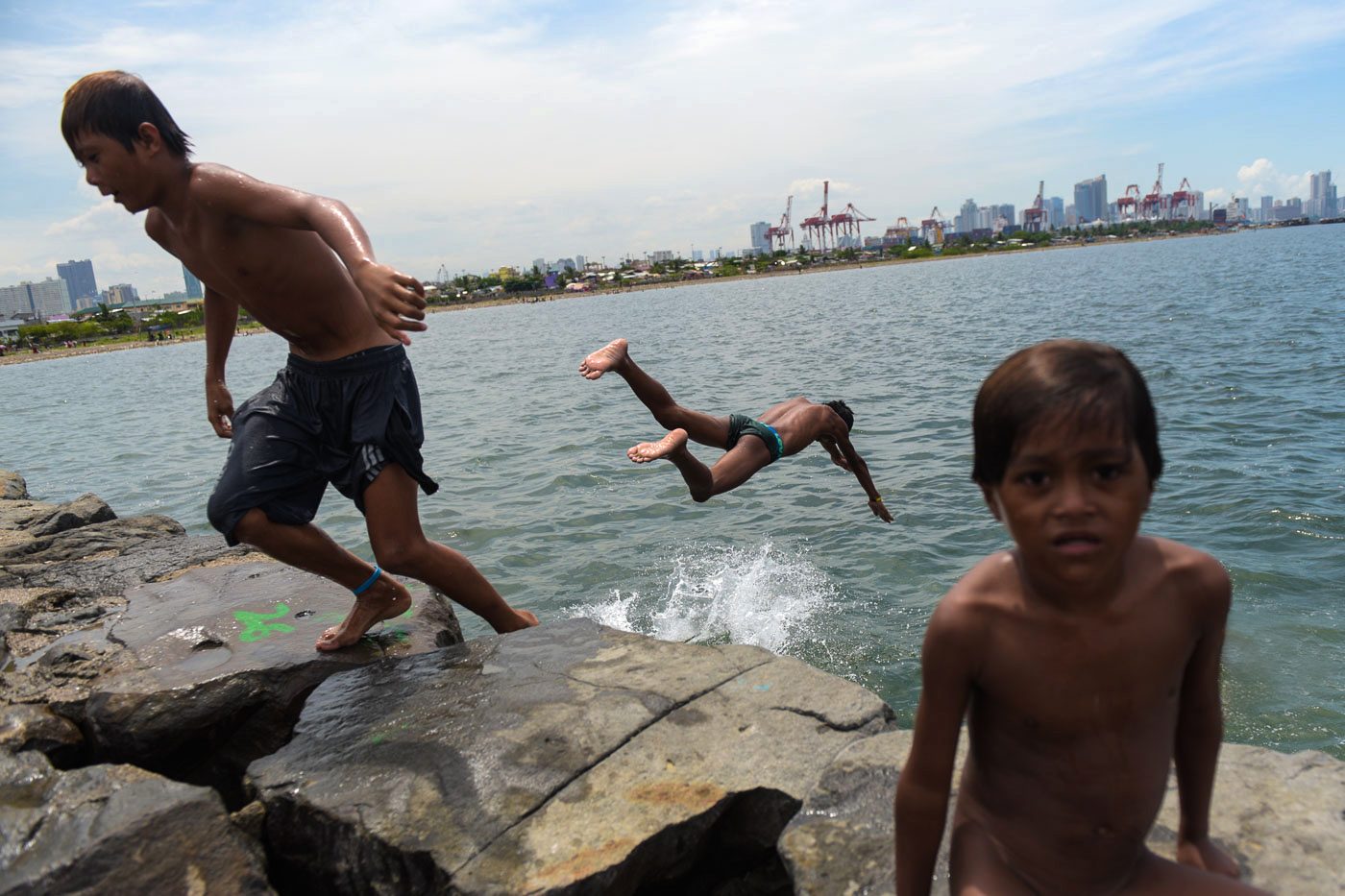
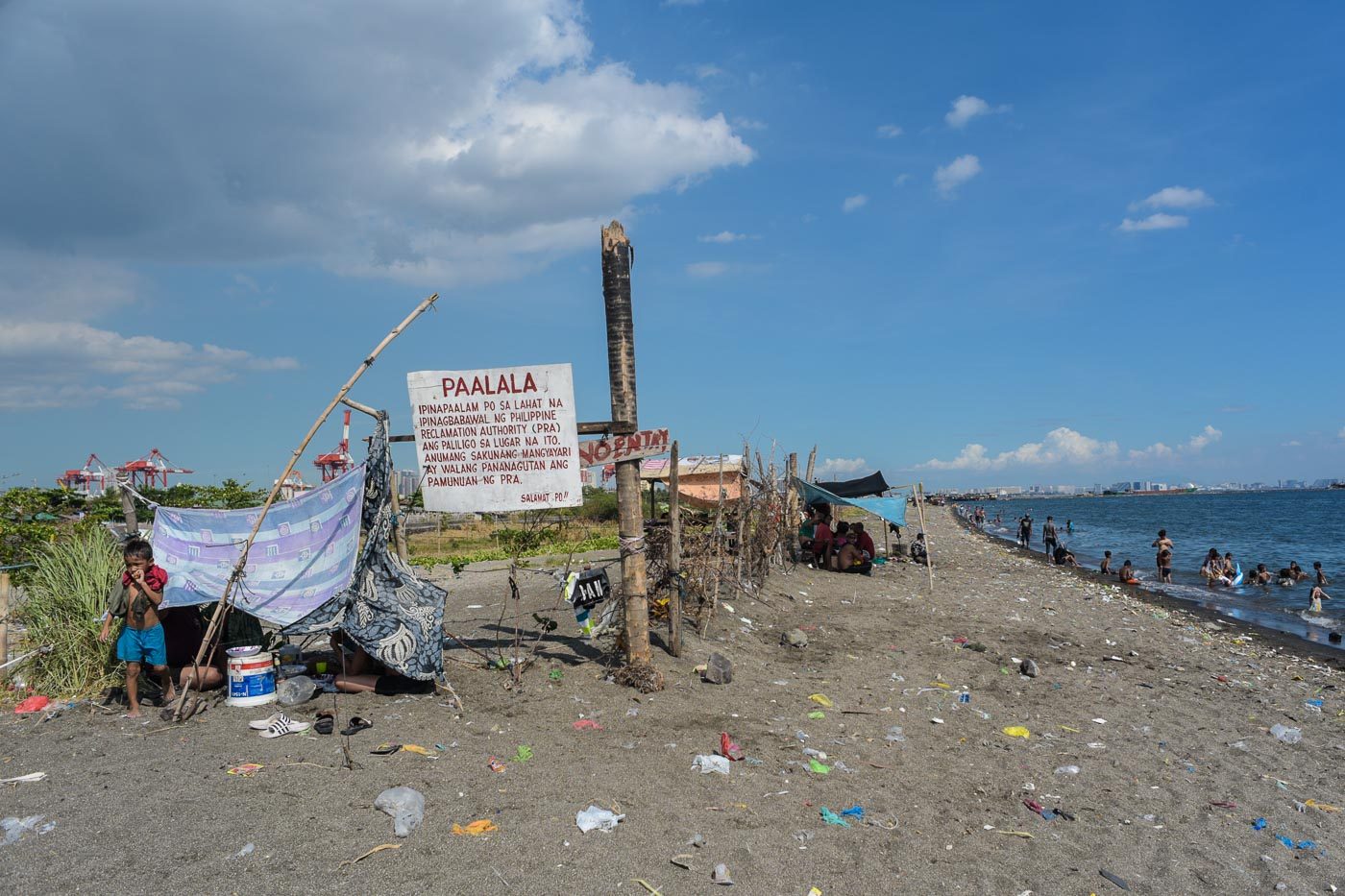
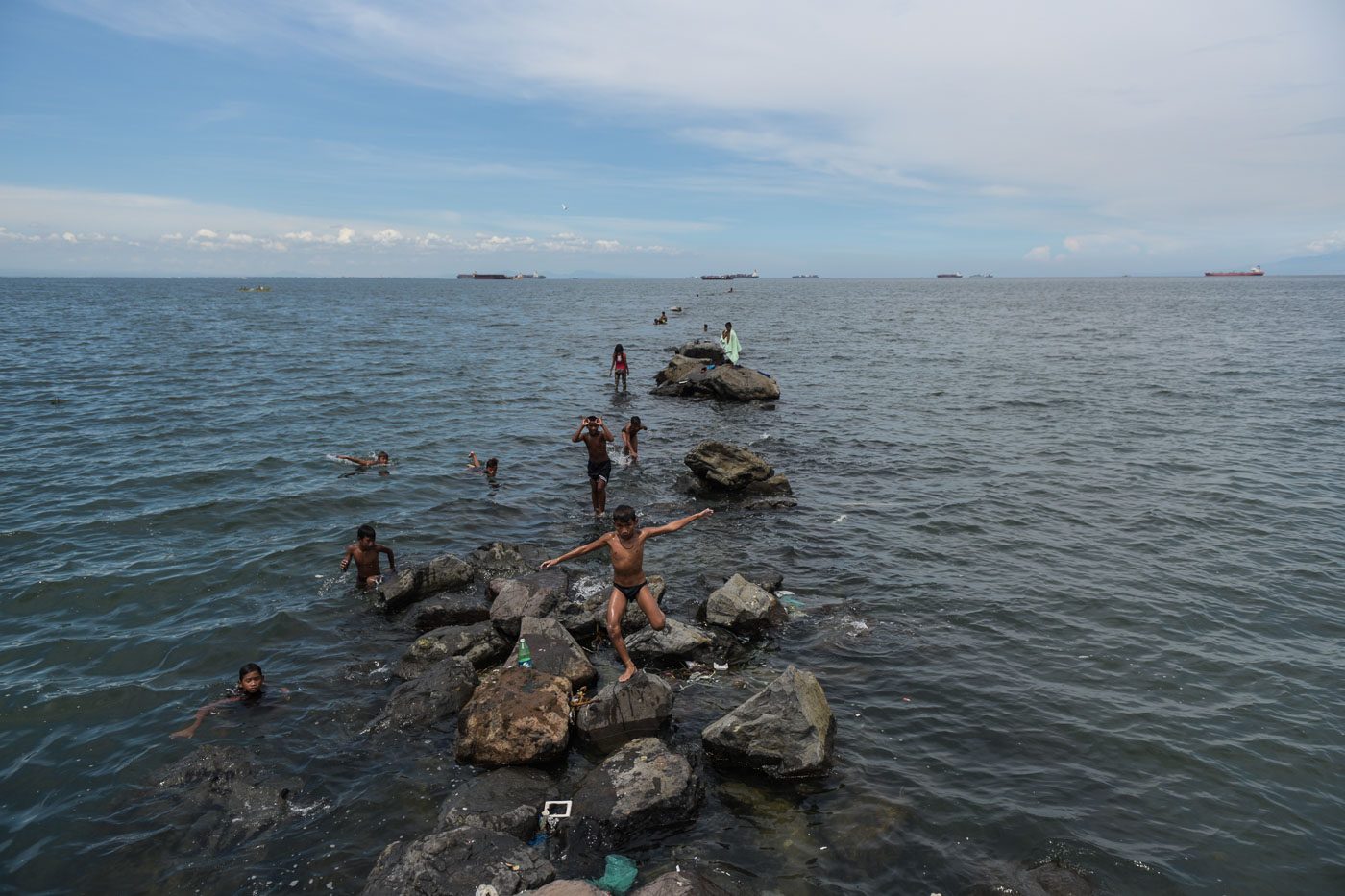
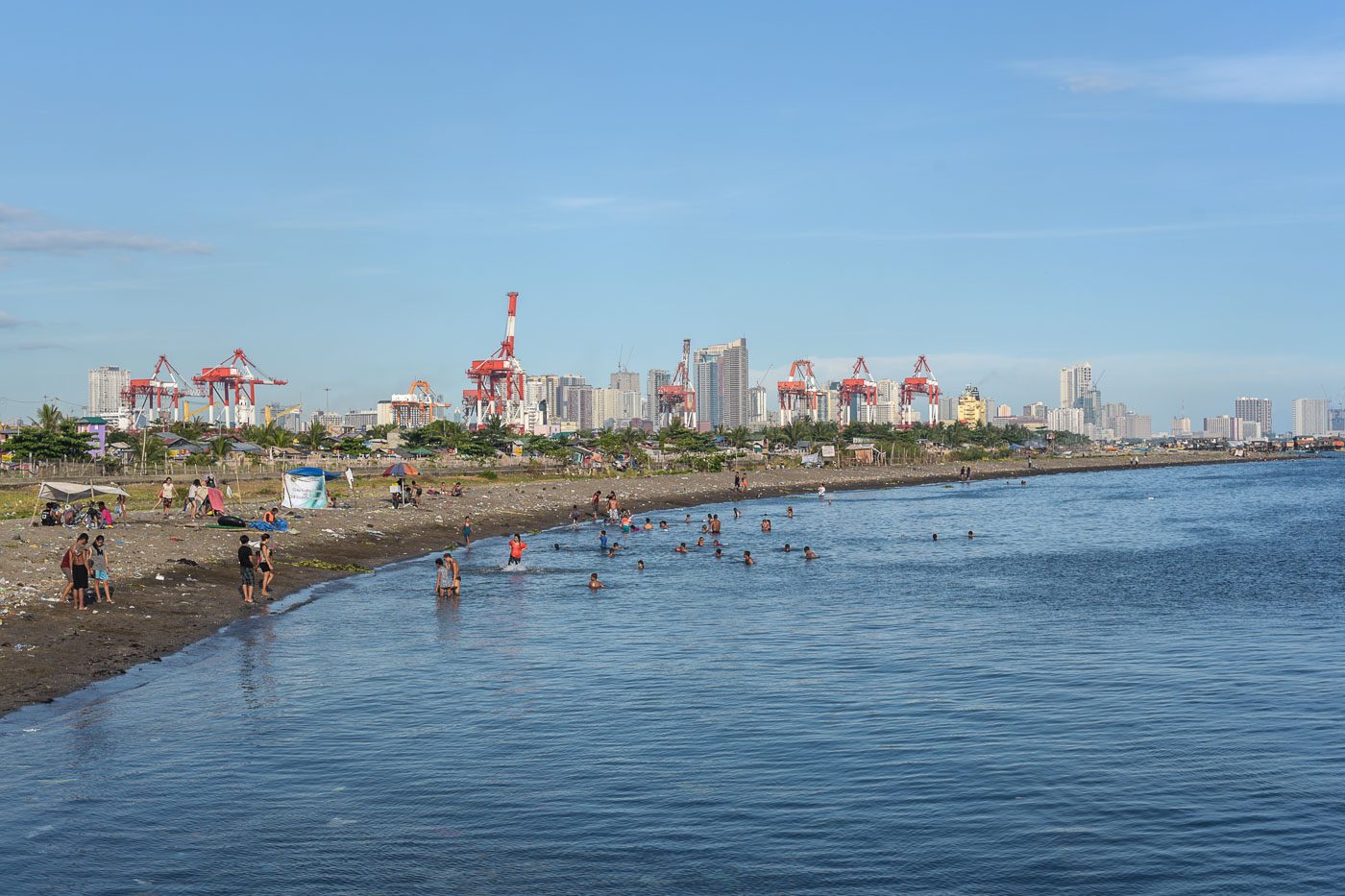
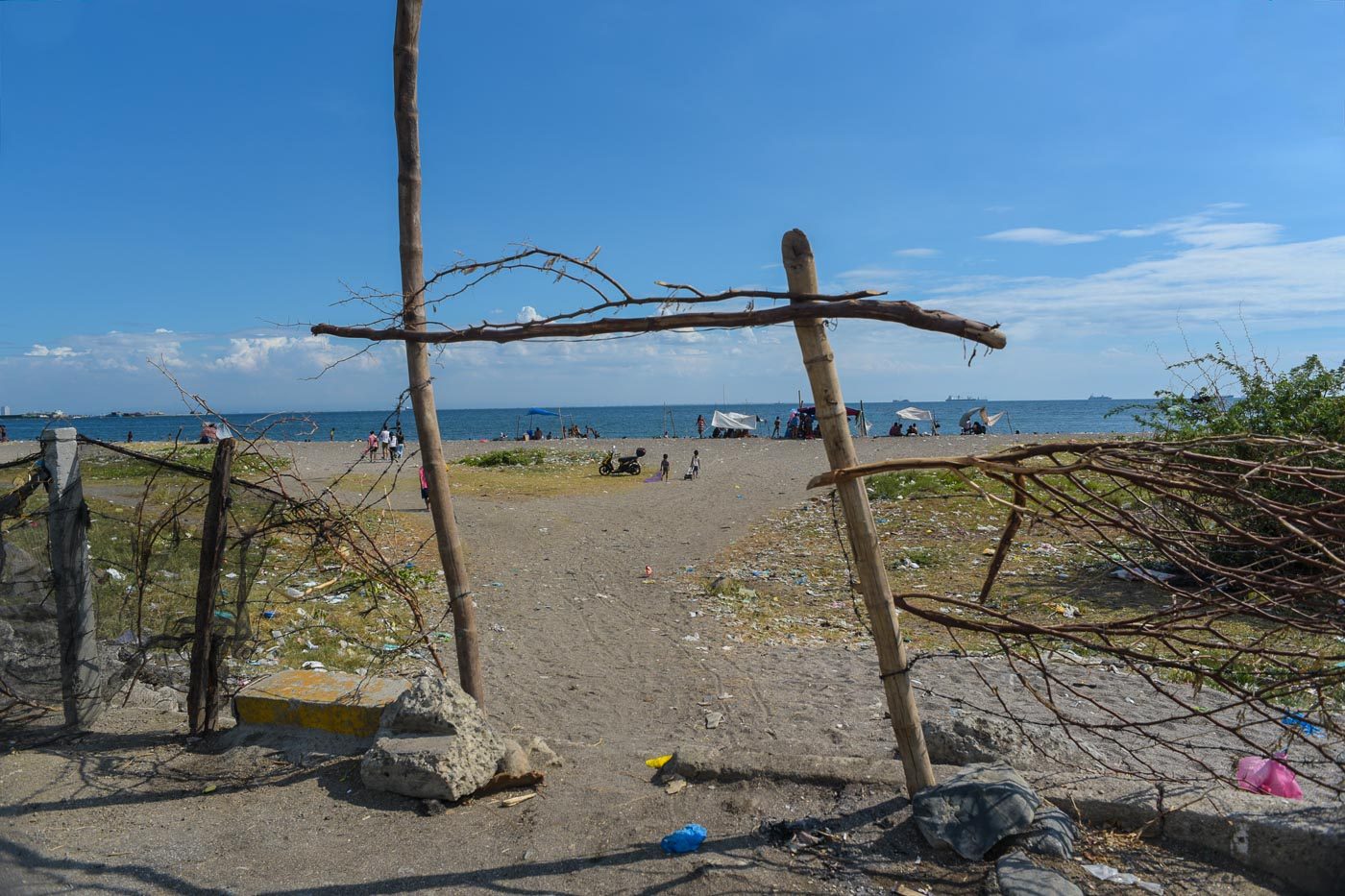
– Rappler.com
Add a comment
How does this make you feel?
There are no comments yet. Add your comment to start the conversation.